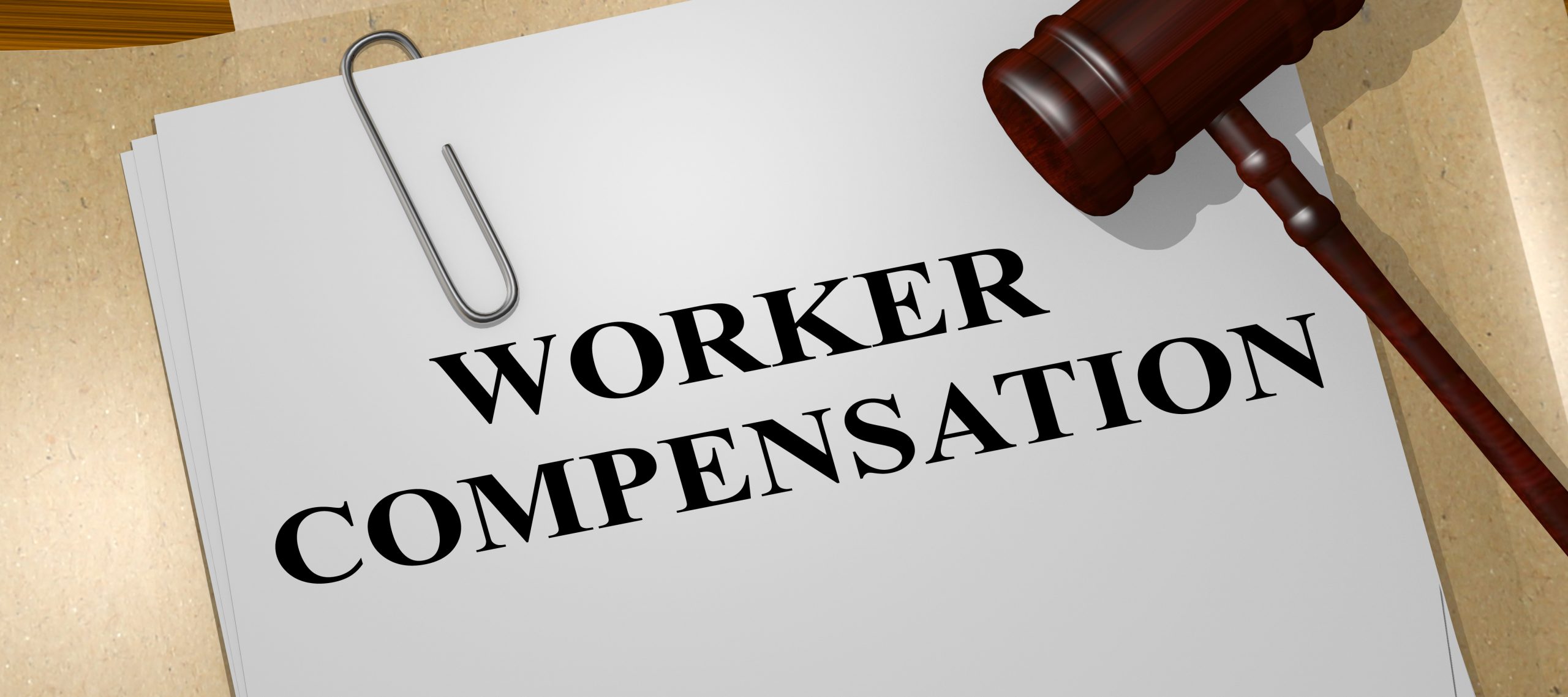Accidents at work can often have an impact far beyond the walls of the workplace itself. Not only can they stop you from working, they can impact the rest of your life too. If you have been hurt at work – either physically or psychologically – you may be entitled to compensation. While this can’t undo the effects of your accident, it can help you to move forward in the future.
The most important thing to do when you are hurt at work is to look after yourself. Seek immediate medical advice and first aid when necessary, and always follow up your incident with a doctor. If you want to learn more about compensation entitlement and making a claim, you can read on below.
What Is a Worker?
There are different legal definitions for a worker depending on the situation – including tax and superannuation requirements, workplace disputes, and of course, workplace compensation and accidents.

Being considered a worker is essential to your eligibility. Workers can be permanent or causal, full time or part time, and some people who call themselves sub-contractors are even considered workers in these cases. You are likely to be a worker for accident compensation purposes if you:
- Have a contract with your employer
- Cannot pay someone else to do your work
- Are paid hourly
- Work within and are considered part of a business
Are not legally responsible for defects in your work – rather your employer is
These are just some of the indicators of being an employee and every situation is different. Be sure to seek independent legal advice for further clarification.
Physical and Psychological Impacts
Becoming hurt in a workplace incident goes beyond physical harm. If you have developed a psychiatric condition as the result of workplace conditions or incidents, you may also be eligible for compensation. Types of incidences that may result in compensation include:
- Psychical symptoms – including strains, sprains, lacerations, burns and breaks
- Psychiatric conditions – including stress, anxiety and PTSD
- Contraction of illness or disease – including asbestos exposure or cancer
You may also be eligible for compensation if your workplace incident has worsened an existing condition, or if you have been hurt while travelling for work or while receiving medical treatments for another workplace incident.
No Fault Claims
One thing that you do NOT need to establish for workers compensation is negligence on the part of your employer. Queensland acts on a ‘no fault’ basis for workers compensation claims, meaning fault – on either your part or your employer’s part – is not a consideration.
If your situation can’t be resolved through workers compensation, you can use a common law claim and sue your employer directly. In these cases, negligence is likely to have a larger impact.
What to Do After a Workplace Accident

After a workplace accident your own wellbeing should be your first priority. In order to make a claim, you should also take the following steps after addressing immediate first aid concerns:
Report the incident to your employer See a doctor about the impact of your workplace accident Get independent legal advice Lodge a claim with your employer’s insurance
Seeking legal advice before proceeding with your claim is essential. A lawyer can help you to understand your circumstances and help you through your claim.



